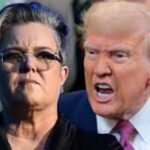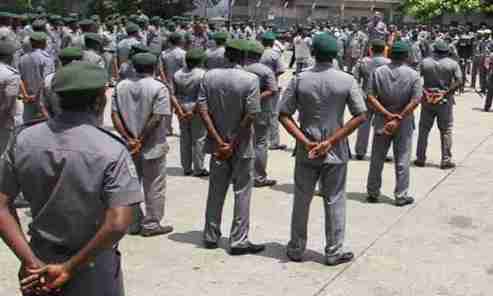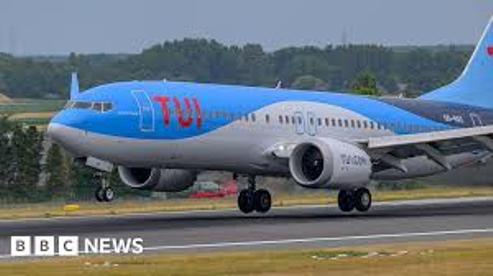LAGOS JUNE 4TH (NEWSRANGERS)-Cargo clearing at the nation’s seaports has suffered setbacks as different units of the Nigeria Customs Service now issue indiscriminate queries on laden containers, leading to long delays for cargo owners.
As a result, importers and their agents now spend a minimum of two to three weeks to resolve the queries and clear their goods from the ports.
The development, which hinders the ease of doing business and adds to the cost of doing business for importers, is contrary to the Federal Government’s 48 hours cargo release policy.
Sharing a recent experience, Agbasonye Nnamdi, a Port Harcourt-based freight forwarder, said Customs now create a huge bottleneck to cargo clearance at the port by issuing of multiple queries on cargo clearing documents, popularly known as ‘alerts’.
Citing an example, he said a container recently being cleared from the Onne Port by his company was given 31 different alerts from Customs headquarters in Abuja, a development he said was a strange occurrence in Customs clearing procedure.
According to him, clearing a container from the nation’s seaports now takes between two to three weeks due to the multiple alerts that slow down the clearing process.
Nnamdi said it was a 40-foot container that Customs examined using 100 percent physical examination in such a way that an observer can see the end of the container from the outside, and it took serious efforts to repack the items in the container but at the end, the container was held back due to multiple alerts from Abuja.
“Having a clearing document with queries forces the agent to go from table to table to resolve it, after which the command will report back to Abuja, and Abuja will report back to the command before the container will be released. Within the three weeks, the shipping company and the terminal operator must collect demurrage and rent charges for not taking delivery of the goods as and when due,” he said.
Nnamdi said the delay has huge cost implication on imported goods as the importer find a way to pass on the cost to the consumers through high prices of goods, adding that it is part of the reasons prices of goods keep skyrocketing in the market.
He blamed the lack of transparency in the Customs cargo clearing procedure for the development, adding that there was no need for multiple alerts to come up as the different units of Customs are supposed to have access to the containers ‘C’ number as soon as the agent captures the container in the system.
Tony Anakebe, a Lagos-based Customs licensed agent, said the problems being experienced by port users in Nigeria seaports are man-made.
Anakebe said Customs units have been issuing alerts indiscriminately on imported cargoes, making cargo clearing a hard nut to crack.
While pointing out that clearing goods from the port has become a struggle for the strongest, he said alerts could come from the Valuation unit, Customs Intelligent Unit (CIU), Abuja and many other units.
“The Customs have duplicate units including the Strike Force, CIU, Enforcement, Valuation, CGC Force, and FOU, among others. Some of these units also erect checkpoints immediately outside the port gate to impound containers cleared by Customs at the port. Customs are supposed to unify these units into one to make things easy for importers and their agents,” he said.
Obi Nwabunwanne, a Lagos-based importer, who confirmed that Customs procedure is slowing down clearance at the port, said Customs claimed it’s doing electronic clearance but it is not translating to trade facilitation through speedy clearance.
“Electronic cargo clearance does not exist in Nigeria because Customs has scanning machines yet they are doing 100 percent physical examination. This is one of the biggest bottlenecks that we have in the port and it now takes more than three weeks to clear a container from the port,” he added.
Reacting, Gambo Iyere Aliyu, deputy comptroller in charge of Enforcement at the Tin-Can Island Port, said that Customs management has given a directive that will stop alerts from coming from Abuja going forward.
According to him, the management of Nigeria Customs has agreed that an alert can only be issued from the Office of Deputy Comptroller in charge of revenue at the command level.
Business Day
PROUDLY CONMEP











